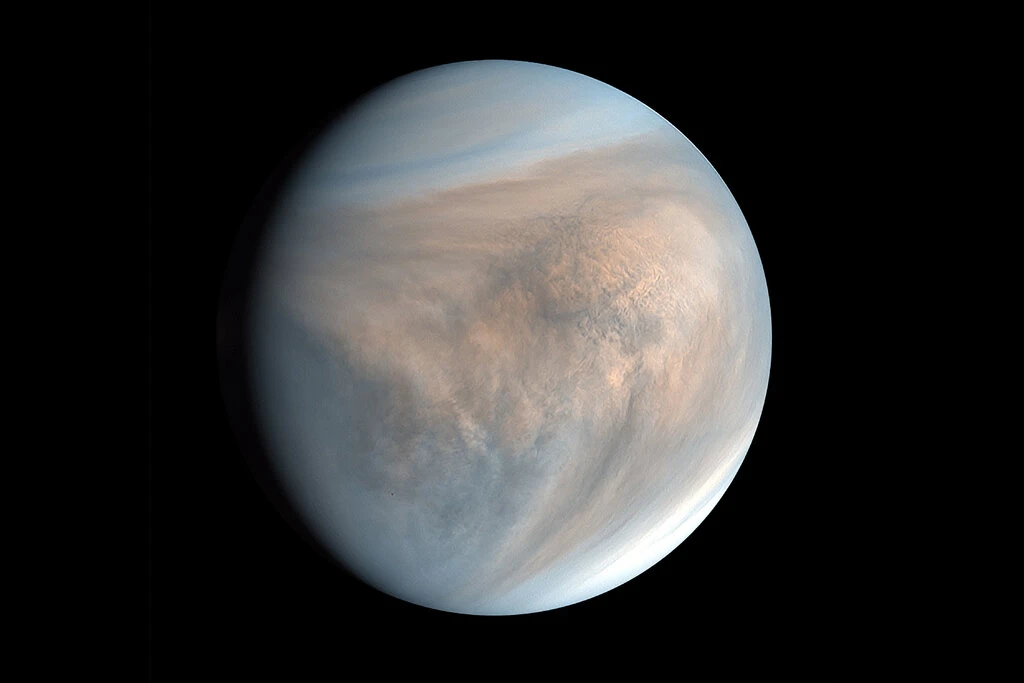5000. En plus du kit de base (le français
Vous abusez les gars !!!

 ) porte un nom : l'ultracrépidarianisme
) porte un nom : l'ultracrépidarianisme 



fanche a écrit:Ah! toi aussi tu as fais une recherche sur l'effet Dunning Kruger?
 Je suis d'abord tombé sur un article sur l'ultracrépidarianisme sur France info et c'est ensuite Wikipédia qui m'a amené sur l'effet Dunning-Kruger
Je suis d'abord tombé sur un article sur l'ultracrépidarianisme sur France info et c'est ensuite Wikipédia qui m'a amené sur l'effet Dunning-Kruger 


MLH a écrit:Que le comportement de certains dans une discussion (et que l'on voit régulièrement reproché sur quelques topics du Bistro en particulier) porte un nom : l'ultracrépidarianisme
mais je ne suis pas sûr de savoir le ressortir dans une discussion...
D'ailleurs, ne serait-ce pas devenir ultracrépidarien moi-même
fanche a écrit:Ah! toi aussi tu as fais une recherche sur l'effet Dunning Kruger?








![Renverse [:lega]](./images/smilies/lega.gif)

fanche a écrit:Ah oui je me souviens
Rien que le jeu de mot


Life on Venus? Astronomers See a Signal in Its Clouds
The detection of a gas in the planet’s atmosphere could turn scientists’ gaze to a planet long overlooked in the search for extraterrestrial life.
High in the toxic atmosphere of the planet Venus, astronomers on Earth have discovered signs of what might be life.
If the discovery is confirmed by additional telescope observations and future space missions, it could turn the gaze of scientists toward one of the brightest objects in the night sky. Venus, named after the Roman goddess of beauty, roasts at temperatures of hundreds of degrees and is cloaked by clouds that contain droplets of corrosive sulfuric acid. Few have focused on the rocky planet as a habitat for something living.
Instead, for decades, scientists have sought signs of life elsewhere, usually peering outward to Mars and more recently at Europa, Enceladus and other icy moons of the giant planets.
The astronomers, who reported the finding on Monday in a pair of papers, have not collected specimens of Venusian microbes, nor have they snapped any pictures of them. But with powerful telescopes, they have detected a chemical — phosphine — in the thick Venus atmosphere. After much analysis, the scientists assert that something now alive is the only explanation for the chemical’s source.
...
David Grinspoon of the Planetary Science Institute in Tucson, Ariz., who was not part of the work but has long promoted the possibility of life in Venus’s clouds, said, “That is pretty damn exciting!”
The work needs to be followed up, he said, “but this could be the first observation we’ve made which reveals an alien biosphere and, what do you know, it’s on the closest planet to home in the entire cosmos.”
...



Phosphine gas in the cloud decks of Venus
Abstract
Measurements of trace gases in planetary atmospheres help us explore chemical conditions different to those on Earth. Our nearest neighbour, Venus, has cloud decks that are temperate but hyperacidic. Here we report the apparent presence of phosphine (PH3) gas in Venus’s atmosphere, where any phosphorus should be in oxidized forms. Single-line millimetre-waveband spectral detections (quality up to ~15σ) from the JCMT and ALMA telescopes have no other plausible identification. Atmospheric PH3 at ~20 ppb abundance is inferred. The presence of PH3 is unexplained after exhaustive study of steady-state chemistry and photochemical pathways, with no currently known abiotic production routes in Venus’s atmosphere, clouds, surface and subsurface, or from lightning, volcanic or meteoritic delivery. PH3 could originate from unknown photochemistry or geochemistry, or, by analogy with biological production of PH3 on Earth, from the presence of life. Other PH3 spectral features should be sought, while in situ cloud and surface sampling could examine sources of this gas.

L'Ombre Jaune a écrit:Ben quoi les gars ?
Jamais entendu parler de M. Spock ?

![effroi [affraid]](./images/smilies/affraid.gif)
C'est un gaz hautement écotoxique, phytotoxique13 et hautement toxique pour les mammifères et l'humain, et « pour lequel il n'existe pas d'antidote »


Utilisateurs parcourant ce forum: Aucun utilisateur enregistré et 0 invités